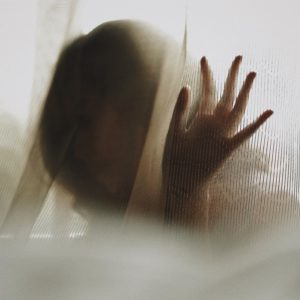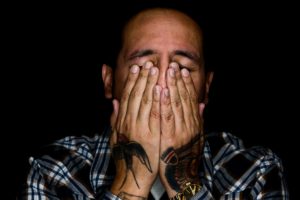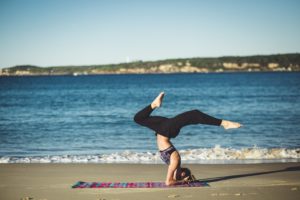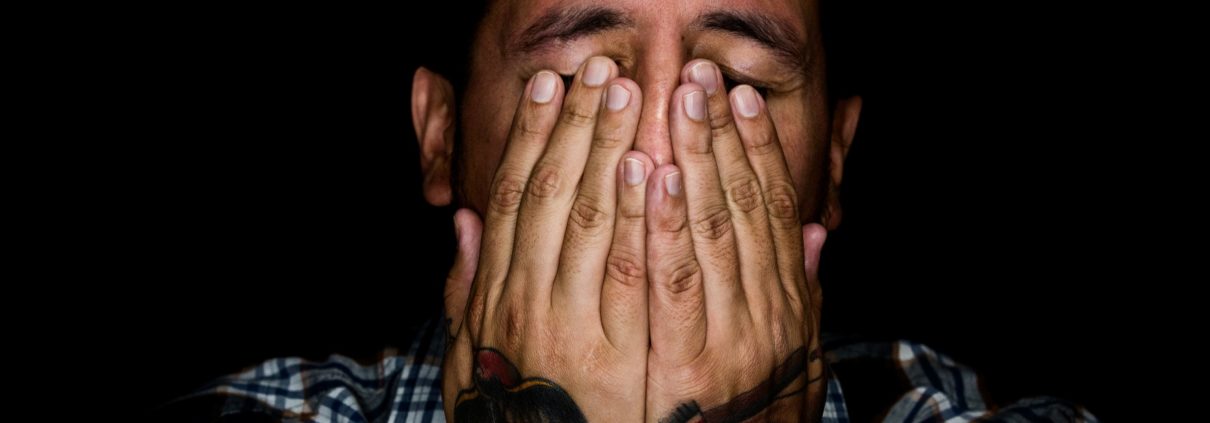Treatment for Anxiety: Options Without Medication
 Anxiety is oftentimes crippling and causes excessive worries that can lead to physical effects like sweaty hands, a racing heart, sleeping problems, and many other unwanted symptoms.
Anxiety is oftentimes crippling and causes excessive worries that can lead to physical effects like sweaty hands, a racing heart, sleeping problems, and many other unwanted symptoms.
Clients who are dealing with anxiety disorders often make an initial appointment to inquire about non-pharmaceutical methods that can be tried first. It is always beneficial to learn methods of managing anxiety as well as uncover underlying problems and triggers. Newport Beach Christian Counseling offers valuable insights and practical strategies to help clients address their anxiety in a healthy and holistic way.
Treatment for Anxiety Without Medication
Some methods of treating recurring anxiety without medication include:
- Cognitive behavioral therapy
- Yoga
- Acupuncture
- Massage
- Self-care
Cognitive Behavioral Therapy
 Cognitive Behavioral Therapy, or CBT, is a widely used and very effective way of treating anxiety before trying medication. Clients go through this type of therapy in the therapeutic setting of a counselor’s office.
Cognitive Behavioral Therapy, or CBT, is a widely used and very effective way of treating anxiety before trying medication. Clients go through this type of therapy in the therapeutic setting of a counselor’s office.
Anxiety tends to make someone worry excessively that the likelihood of something bad is destined to happen, and CBT works to re-frame these thoughts and help clients understand the patterns of their behavior. Through CBT, patients learn ways to identify detrimental thinking patterns and transform them into rational thoughts that will help improve the regulation of emotions.
Progressive muscle relaxation is also part of CBT. Clients can learn breathing techniques to use that will relax them and assist them in dealing with the unwanted physiological consequences of anxiety, which include psychosomatic symptoms and muscle tightness.
Yoga
 Some therapists have decided to incorporate yoga into treatment plans for clients. Since they are Christian counselors, their understanding of yoga refers to relaxation principles and mindfulness instead of non-Christian practices or Buddhism.
Some therapists have decided to incorporate yoga into treatment plans for clients. Since they are Christian counselors, their understanding of yoga refers to relaxation principles and mindfulness instead of non-Christian practices or Buddhism.
The popularity of yoga continues to increase, and this is partially because it can work to modulate one’s stress response. Yoga can improve mental clarity by using breathing techniques and different poses.
Acupuncture
One of the most common alternative forms of medicine is acupuncture. In this form of Chinese medicine, sterile, long needles are placed in different areas of the body close to nerves. This activates a body’s chemicals that work to reduce or eliminate pain. Despite the belief that acupuncture is a pseudoscience that has mixed results regarding efficacy, many people prefer to test it out before opting to take medication, and many people experience positive results.
Massage
Massages are great for reducing tension and lessening anxiety, but they cannot solve any underlying issues that are causing a client’s anxiety. Typically, people complain about muscle tightness and tension when they are experiencing anxiety, and a massage has the ability to provide a little bit of physical relief for at least a brief period of time.
Self-Care
 Managing anxiety without the use of medications is impossible without spiritual, physical, and mental self-care.
Managing anxiety without the use of medications is impossible without spiritual, physical, and mental self-care.
Spiritual self-care includes making time for God through Bible study, Church, or prayer; physical self-care includes any form of exercise; and mental self-care includes things like journaling or breathing exercises.
The goal of self-care is to use techniques that make you aware of your feelings and responses to stimuli or unwanted stressors as well as cause you to simply be “present.”
In some cases, medication might still be necessary if someone’s symptoms of anxiety are severe, but using things like prayer, breathing exercises, self-care, or any of the other aforementioned options would be a great addition to medication. Newport Beach Christian Counseling can help guide you in finding a professional therapist who can work with you to create the best treatment plan tailored to your specific needs, integrating both practical and spiritual approaches.
“Hiding”, Courtesy of Claudia Soraya, Unsplash.com, CC0 License; “Stressed Out”, Courtesy of Ayo Ogunseinde, Unsplash.com, CC0 License; “Yoga”, Courtesy of Matthew Kane, Unsplash.com, CC0 License; “Coffee Time”, Courtesy of Nathan Dumlao, Unsplash.com; CC0 License




